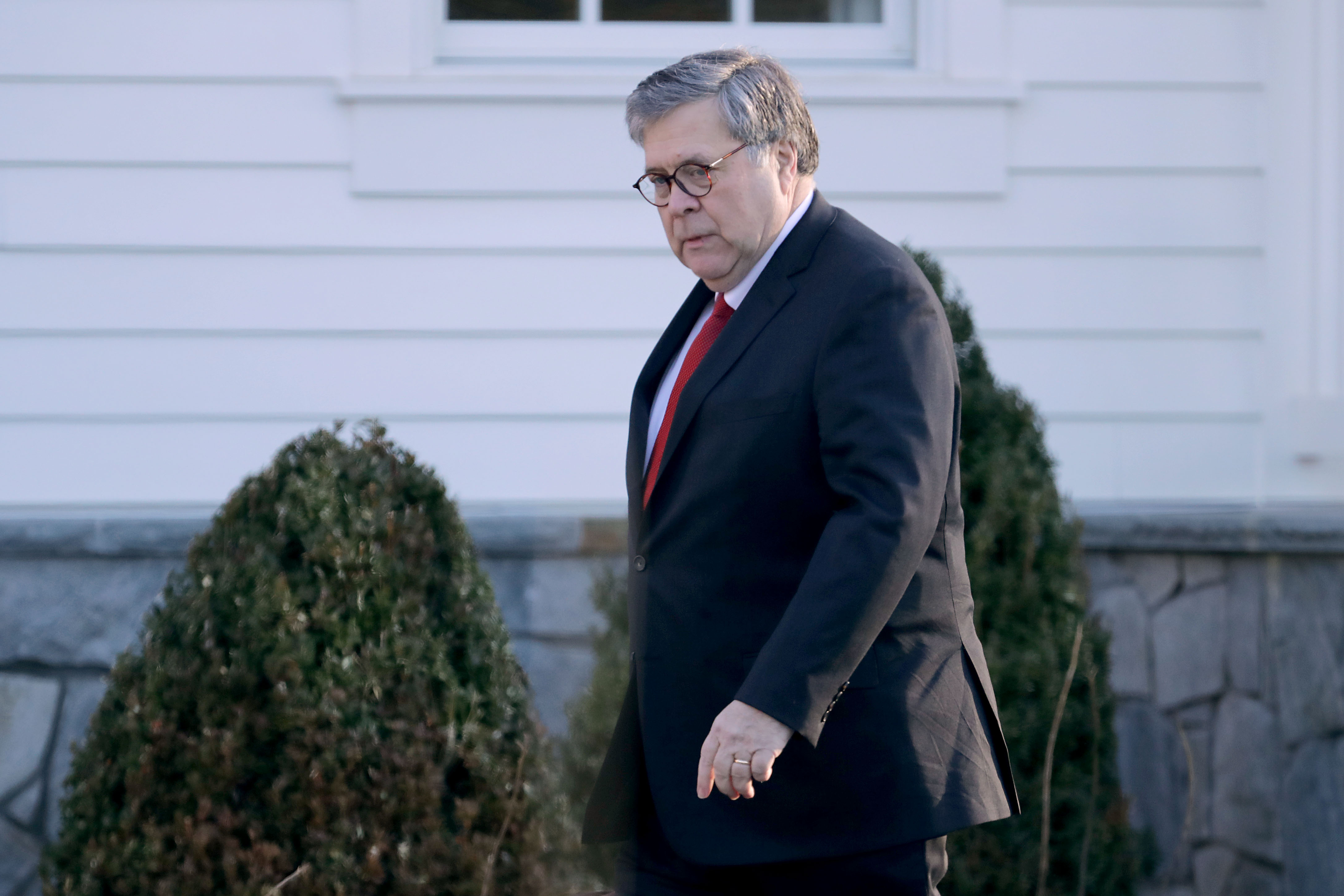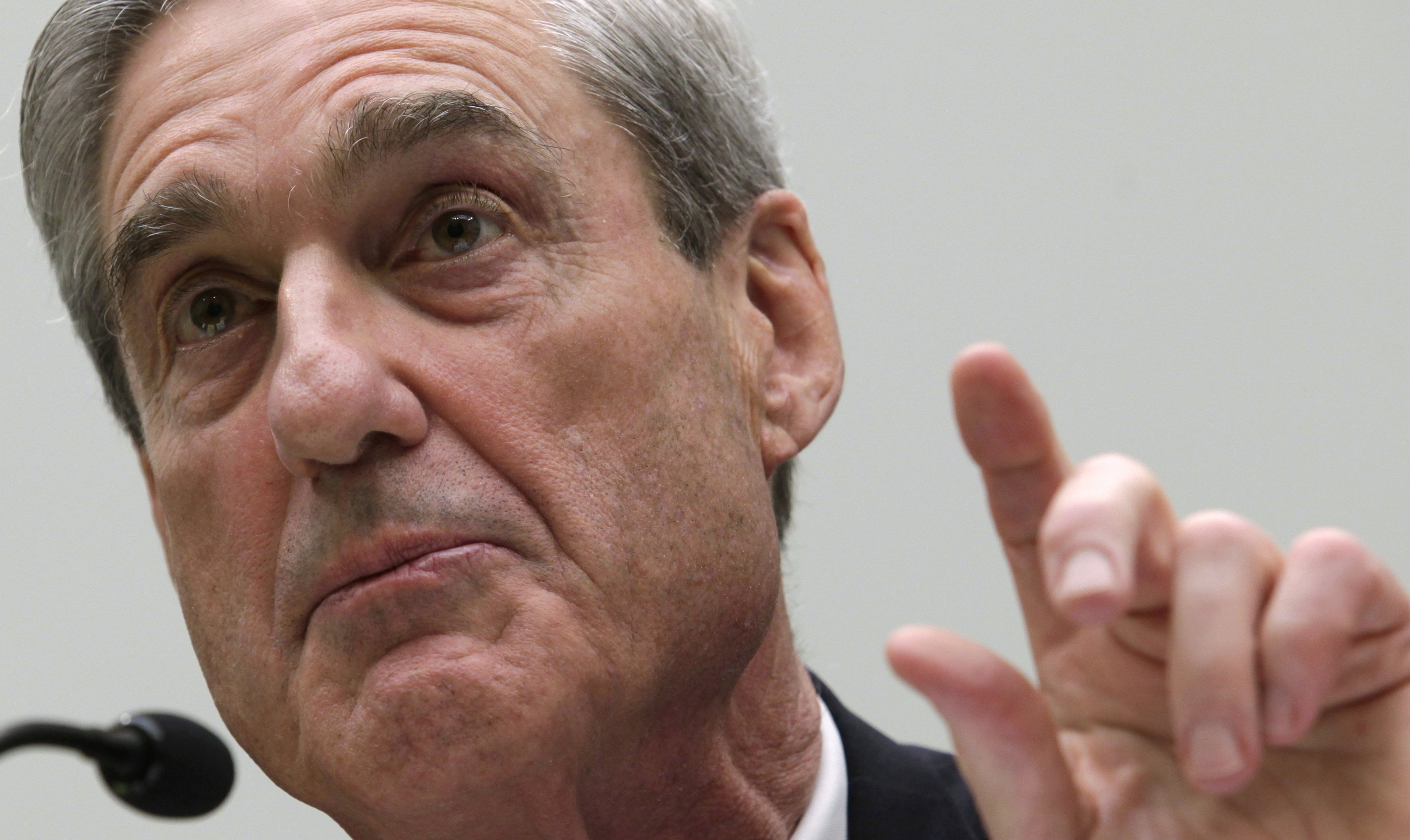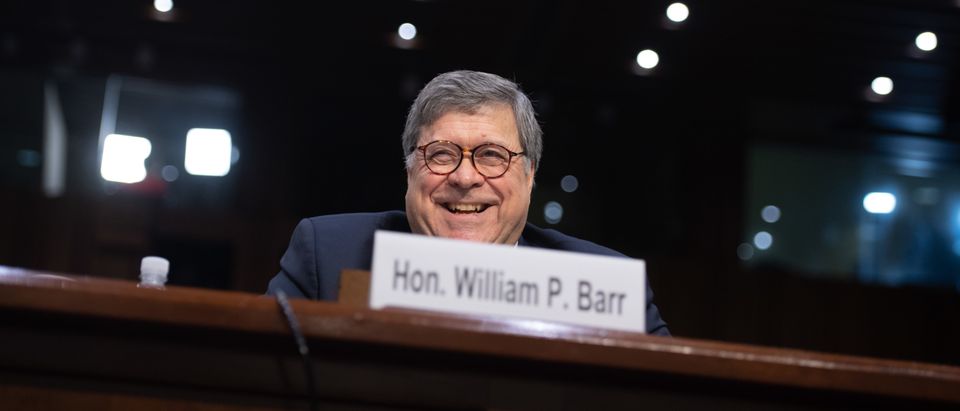The Justice Department explained why it did not release summaries included in special counsel Robert Mueller’s report after reports surfaced that his investigators felt Attorney General Bill Barr mischaracterized their findings.
“Every page of the ‘confidential report’ provided to Attorney General Barr on March 22, 2019, was marked ‘May Contain Material Protected Under Fed. R. Crim. P. 6(e)’ — a law that protects confidential grand jury information — and therefore could not be publicly released,” Justice Department spokeswoman Kerri Kupec said in a statement to The Daily Caller.
Kupec continued, “Given the extraordinary public interest in the matter, the attorney general decided to release the report’s bottom-line findings and his conclusions immediately — without attempting to summarize the report — with the understanding that the report itself would be released after the redaction process.” (RELATED: Justice Department Delivers Mueller Conclusions To Congress, Determines No Collusion)

U.S. Attorney General William Barr leaves his home March 25, 2019 in McLean, Virginia. (Photo by Chip Somodevilla/Getty Images)
The DOJ statement comes after The New York Times and The Washington Post reported that associates of some investigators on Mueller’s team are troubled by Barr’s declaration that they found that President Donald Trump did not obstruct justice during the course of the Russia investigation.
The Washington Post reported Wednesday evening that “some members of the office were particularly disappointed that Barr did not release summary information the special counsel team had prepared,” adding that “summaries were prepared for different sections of the report, with a view that they could made public.”

Robert Mueller, as FBI director, testifies before the House Judiciary Committee hearing on Federal Bureau of Investigation oversight on Capitol Hill in Washington June 13, 2013. REUTERS/Yuri Gripas
DOJ pushed back against the notion of selective release, saying, “As the Attorney General stated in his March 29 letter to Chairman Graham and Chairman Nadler, he does not believe the report should be released in ‘serial or piecemeal fashion.’ The Department continues to work with the Special Counsel on appropriate redactions to the report so that it can be released to Congress and the public.”
Barr previously wrote to Congress that Mueller’s team found no evidence of collusion and not enough evidence to recommend prosecution of obstruction of justice. The attorney general later revealed, “I anticipate we will be in position” to release the redacted report “by mid-April, if not sooner.”


